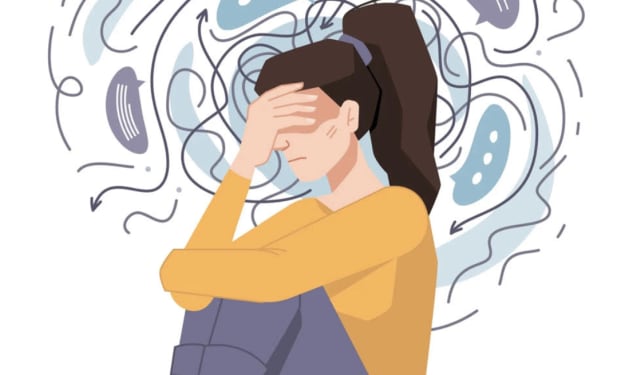Understanding Histrionic Personality Disorder Symptoms
Understanding Histrionic Personality Disorder Symptoms

In the vast spectrum of human emotions and behaviors, certain patterns can be categorized into specific personality disorders. One such pattern that has garnered attention in the realm of psychology is Histrionic Personality Disorder (HPD). To truly comprehend the complexities of this disorder, it is essential to delve deep into its signature characteristics. This article provides an in-depth look at histrionic personality disorder symptoms, aiming to demystify and inform.
What is Histrionic Personality Disorder (HPD)?
Histrionic Personality Disorder is one of the ten personality disorders classified in the American Psychiatric Association's Diagnostic and Statistical Manual of Mental Disorders (DSM-5). Individuals with HPD display a pervasive pattern of excessive emotionality and attention-seeking behavior. The core essence of this disorder revolves around a chronic desire to be the center of attention, often to the exclusion of others' needs or feelings.
Key Histrionic Personality Disorder Symptoms:
Excessive Emotionality: One of the standout histrionic personality disorder symptoms is an overt display of emotions. These individuals may seem to wear their heart on their sleeve, reacting intensely to situations that others might view as inconsequential. Their emotional reactions often seem exaggerated or out of proportion to the circumstances.
Attention-Seeking Behavior: People with HPD often feel uncomfortable unless they are the center of attention. They might use their physical appearance, initiate dramatic situations, or behave provocatively to ensure that all eyes are on them.
Easily Influenced by Others: Susceptibility to the opinions and feelings of others is another common symptom. These individuals can be easily swayed by peer pressure or be overly trusting.
Superficial Relationships: While they often make acquaintances quickly, their relationships tend to remain surface-level. They may claim to be "best friends" with someone they've just met or show intense affection for someone they barely know.
Concern with Physical Appearance: An obsessive concern about how they look is evident. They may spend excessive amounts of time on grooming or wear flamboyant clothing to draw attention.
Impressionistic Speech: Their way of speaking is often lacking in detail. They might speak in broad terms, making it hard for listeners to glean specifics or to understand the nuances of their experiences.
Rapidly Shifting Emotions: Their emotional state can change swiftly. They may appear fickle, as their mood can go from elation to deep sadness in a matter of minutes.
Assumes Relationships are Closer Than They Are: A hallmark symptom of HPD is the tendency to believe that relationships are more intimate than they genuinely are. This can be seen in both platonic and romantic relationships.
Understanding the Impacts
Recognizing histrionic personality disorder symptoms is the first step towards understanding the challenges faced by those with HPD. Their constant need for approval and attention can strain personal and professional relationships. The emotional volatility can also make it challenging for them to maintain long-term connections, as their reactions may often be perceived as insincere or manipulative.
Conclusion
Histrionic Personality Disorder, while not as commonly discussed as disorders like Borderline or Narcissistic Personality Disorders, holds a unique place in the realm of psychological conditions. Recognizing the histrionic personality disorder symptoms can be crucial for individuals, families, and therapists alike. With proper understanding, support, and intervention, those with HPD can navigate the world with a greater sense of stability and grounding, learning to forge authentic relationships without the shadow of the disorder clouding their interactions.
About the Creator
Enjoyed the story? Support the Creator.
Subscribe for free to receive all their stories in your feed. You could also pledge your support or give them a one-off tip, letting them know you appreciate their work.





Comments
There are no comments for this story
Be the first to respond and start the conversation.